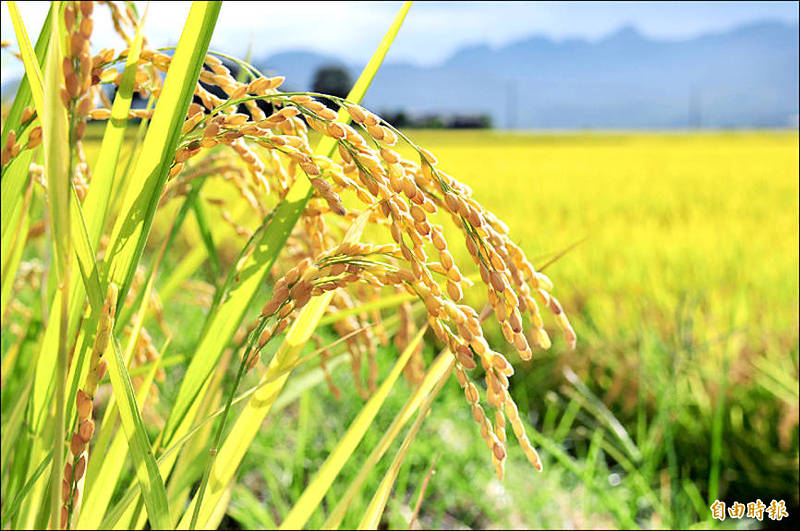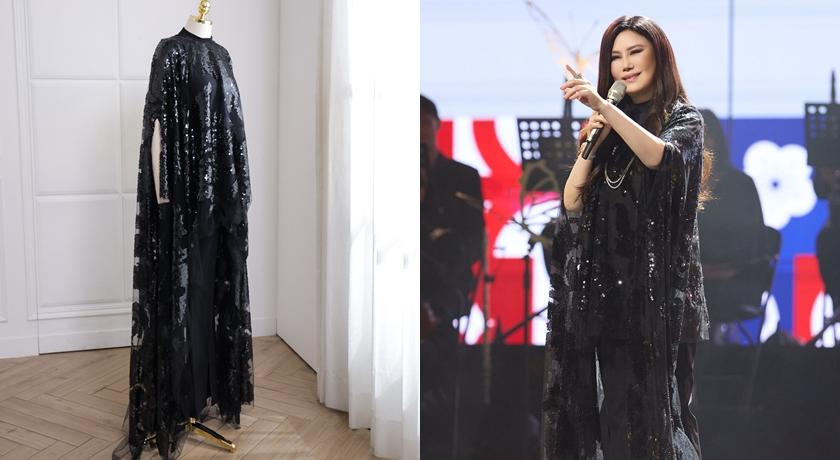《TAIPEI TIMES》 Taiwanese researchers create vitamin B1 rice
ENGINEER: Researchers at Academia Sinica have created a genetically modified white rice that stores vitamin B1 in the grain itself, without diminishing yields
By Yang Yuang-ting and Jonathan Chin / Staff reporter, with staff writer
Taiwanese scientists have created a genetically modified rice strain that contains 25 to 30 percent more vitamin B1 without diminishing yield, research project head Hsieh Ming-hsiun (謝明勳) said.
The research, which involves splicing genes that govern vitamin production in Escherichia coli with Taiwan’s indigenously developed rice variety Tainun 67, was published in The Plant Journal in November last year.
White rice, which is consumed as a staple food in most of East Asia, is produced by removing the bran and germ from the grain through polishing, said Hsieh, a research fellow at Academia Sinica’s Institute of Plant and Microbial Biology.
Unfortunately, the parts removed in the polishing process are also the main store of gluten and vitamin B1 in the grain, resulting in a loss of essential nutrition, he said.
Brown rice, which retains the bran and germs, is more nutritious than polished rice, but its rough texture is considered displeasing by most people, he said.
To improve public health and well-being, the research team headed by Hsieh sought to boost the vitamin B content in rice via genetic manipulation, he said, adding that the project took five years to complete.
A significant challenge that the team overcame was ensuring the designed crop had a high enough yield to make planting economically viable, he said.
Three years ago, a group of Dutch scientists had created gene-modified rice that contained two to three times the vitamin B of normal rice, but the variety’s poor yield prevented commercial success, he said.
The Academia Sinica team’s creation, which features an
identical yield to its parent variety, stores vitamin B1 in the grain itself, allowing the rice to be polished without losing nutritional value, he said.
Vitamin B1 deficiency could cause many conditions including swelling in the lower limbs, numbness, nerve damage, enlarged heart and digestive problems, Hsieh said, citing data from the Ministry of Health and Welfare.
Taiwanese for the most part are free of vitamin B deficiency and cultivating genetically modified crops is prohibited by law, but the rice the team designed could still be useful for poor countries with a rice-dominant diet, he said.
The team is continuing work to increase the variety’s vitamin content and palatability, he said.
新聞來源:TAIPEI TIMES






















